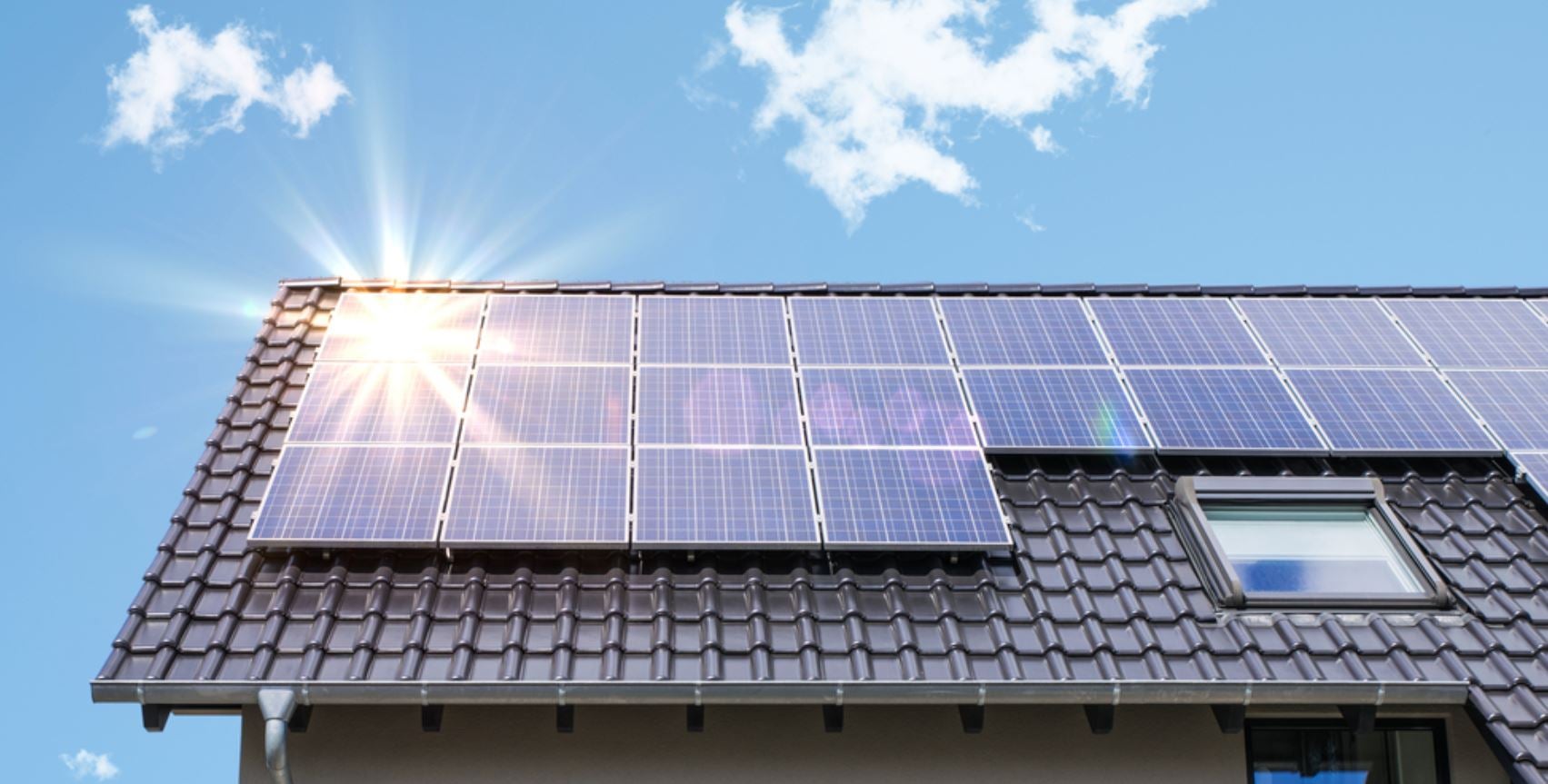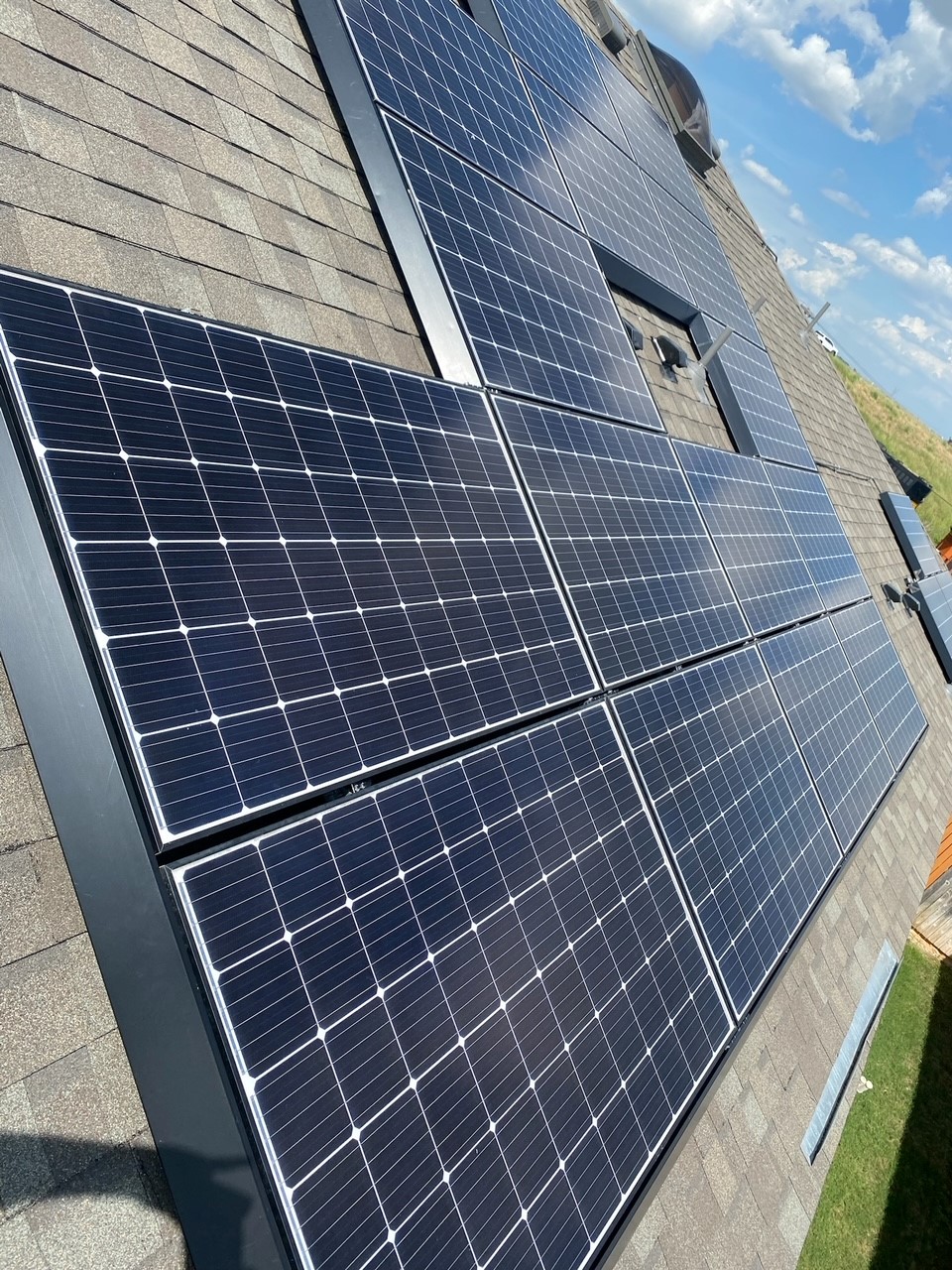Solar Basics
Solar power is a powerful and clean energy source that may be utilized to heat, cool and light homes, and businesses. Basic Phenomenon: Solar energy is the energy that comes from the sun and is converted into electricity with the help of photovoltaic cells. The Photovoltaic cells on a solar panel capture the energy from the sun’s rays as it shines on the solar panel. The energy produced by the solar panels is DC electricity and will be converted to AC electricity with the help of a solar inverter to be useable in our houses as most of our house components run with AC electricity. Any surplus (excess) electricity that our solar panels generate is stored with the help of solar batteries. Thus, solar panels, solar inverters, and solar batteries are the main components that make our solar system.
Solar Technologies
The ability to capture solar energy and convert it to electricity mostly relies on two technologies. The first is photovoltaics, or PV, which is probably the one we are most familiar with. These are the solar panels that we may have noticed in fields or on rooftops. A solar panel generates electricity when the sun shines on it because photons from the sunlight are absorbed by the cells in the solar panel, which causes an electric field to form across the layers. The excess electricity produced is stored with the help of solar batteries.
CSP, often known as concentrated solar power, is the second technology. It is not suitable for domestic usage and is typically employed in very large power plants. Reflecting and concentrating sunlight onto receivers that gather solar energy and turn it into heat using this technology’s usage of mirrors.
How Will Solar Benefit You?
Solar energy is a clean source of energy that has the least impact on the environment as compared to other sources of energy, thus beneficial to both human life and nature. It helps out in producing greenhouse gases and reduces both air and water pollution. Besides the environmental impacts, solar electricity helps homeowners to save money on electricity by reducing the electricity bills and relying less on the National Grid and traditional utility suppliers. Many cities and traditional electric companies now offer clean energy programs to buy excess solar energy from homeowners to use on their grids. Therefore, by participating in this program, homeowners can earn passive income by selling excess solar energy (Net Metering phenomenon) to provide clean solar power to our community.
Switching to solar power, helps the homeowner to increase the value of their home or property, or businesses. One of the studies by the Lawrence Berkeley National Laboratory found that, on average, solar power increases the value of a home by about $15,000. Going solar helps homeowners to earn tax credits and rebates. Solar Tax credits (termed as a solar investment tax credit (ICT) or Federal solar tax credits) allow you to deduct up to 30% of the cost of your solar system installation from federal taxes. That means you would save about $7,500 on a solar energy system worth $25,000. By helping to offset the cost of purchasing solar for homes, the solar tax credit will encourage more homeowners to install solar, encourage investment in the solar industry, and promote/increase the pace of solar investment and innovation.





